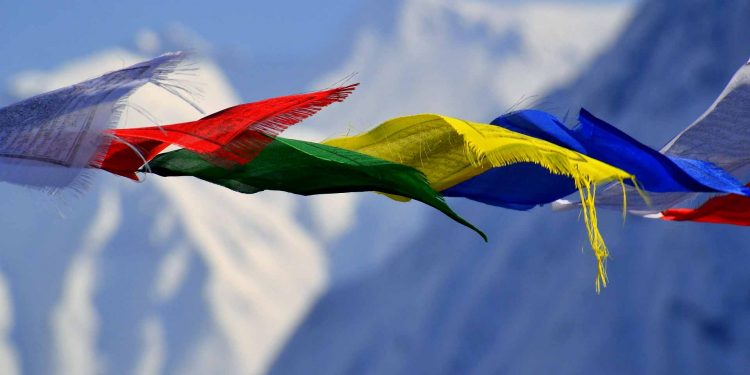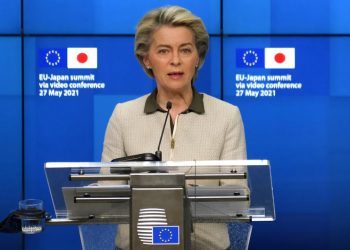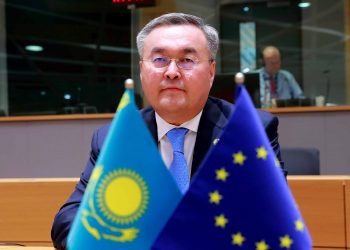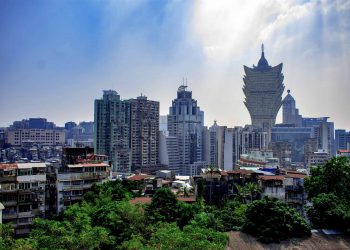Nepal has requested EU assistance to help contain the explosion in COVID-19 cases. In response, the EU has mobilised an initial €2 million in humanitarian funding, which will support monitoring of all home isolated cases through tele-health / tele-medicine services and rapid referral to hospitals; national emergency medical teams deployment and international emergency medical teams mobilisation facilitation; procure COVID-19 equipment and supplies in Nepal.
Key equipment and supplies will include oxygen equipment including oxygen gas cylinders, oxygen concentrators, home care kits, diagnostics including antigen test kits; personal protection equipment. Nepal has also activated the EU Civil Protection Mechanism. Finland is the first Member State to offer more than 2 million surgical facemasks, 350,000 FFP2 masks, 52,500 pairs of vinyl gloves and 30,000 isolation gowns.
The COVID-19 surge is claiming more lives every minute
Commissioner for Crisis Management, Janez Lenarčič, said: “The COVID-19 surge in Nepal is claiming more lives every minute as it spreads across the country. We stand in full solidarity with Nepal in its fight against the pandemic. We are quickly mobilising emergency support with initial €2 million funding. I am very thankful to Finland for their quick offers of assistance via our Civil Protection Mechanism. We stand ready to provide further assistance.” The European Union’s 24/7 Emergency Response Coordination Centre is in regular contact with the Nepalese authorities to closely monitor the situation and channel the EU assistance.
Nepal is one of the most disaster-prone countries in the world
Due to its location and variable climatic conditions, Nepal is one of the most disaster-prone countries in the world. Climate change and an increasing population further exacerbate the impacts of natural hazards, which each year cause heavy loss of life and damage to property. The European Union continuously supports initiatives that reduce the risks of natural hazards and improve the disaster preparedness capacities of vulnerable populations. The EU also finances the provision of urgent services such as emergency shelter, healthcare, and water and sanitation.
The EU has been present in Nepal since 2001, providing humanitarian assistance to people affected by conflict and major natural hazards, including the devastating 7.8-magnitude earthquake in 2015 which claimed close to 9,000 lives and destroyed more than half a million homes. During Nepal’s internal conflict, and up until 2011, EU humanitarian actions have supported thousands of conflict-affected people, especially in rural areas, by providing healthcare as well as water and sanitation facilities. The EU also assisted refugees from Bhutan for more than 10 years until 2015.















